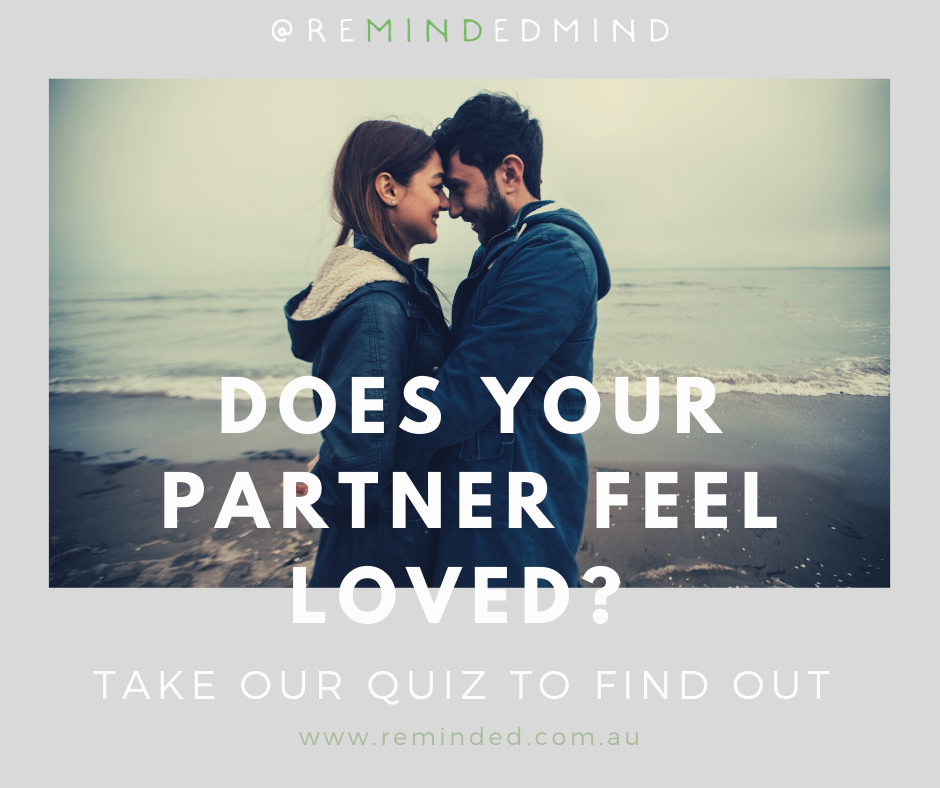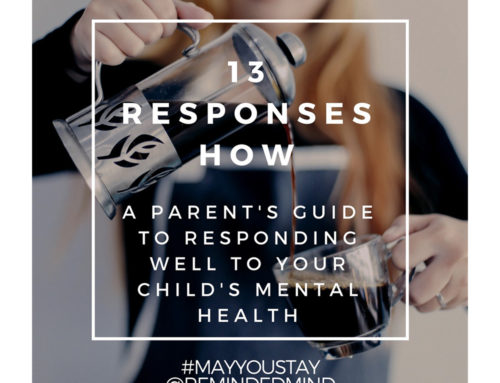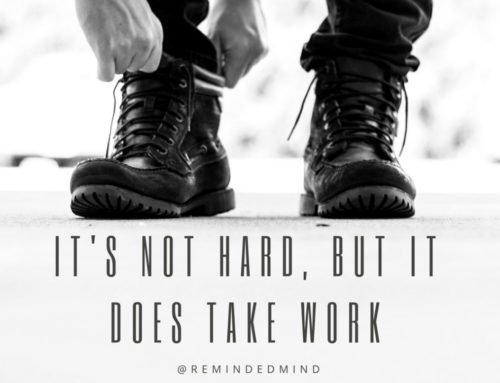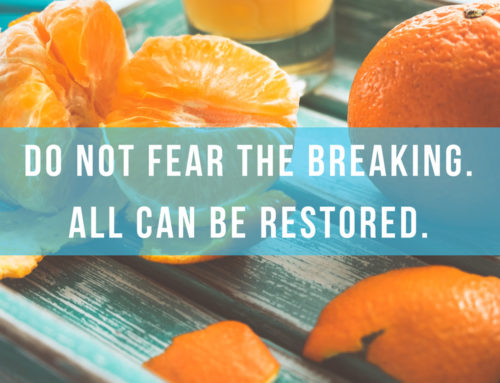Does your partner feel loved? – A quiz.
ReMindEd • February 19, 2021
Does your partner feel loved? Take our quiz to find out!
It can be difficult to tell if your partner is satisfied within your relationship.
But more than satisfied, we specifically look for whether your person feels loved. Because if someone feels loved, you have met their highest need.
So are you wondering whether your partner feels loved? Here’s a simple quiz to answer the question…
1. How on earth could a simple quiz answer such a complex question?! It can’t. Not accurately at least. Although it’s not complex as most people believe. And this is often why people don’t ask this question about their relationship.
2. Ask your partner. Yep, literally ask them the question. “Do you feel loved by me?”
3. The next question is for if they say “yes” to the above question (otherwise skip to question 5 if the answer was no). “How often do you feel loved by me?” Think percentages here, or a score out of 10, or choose between ‘always’, ‘most of the time’, ‘some of the time’, ‘not very often’, or ‘hardly ever’.
4. “What do I do for you that registers as you feeling loved?” They may need to think about this for a while, but sometimes the first few things that come to mind actually say a lot about their love language. (You can look this up online at www.5lovelanguages.com for more info and a quiz around understanding your own love languages if you are unfamiliar with this concept).
5. This next one can be asked here whether your person said yes or no at question 2. “What needs do you have that are going unmet”? The needs question is one we actually need to ask of ourselves before we can answer it to others. As in, I need to know what my needs are and how they need to be met before I can tell someone else or ask of someone else if some of my needs could be met by them. And this question is the whole premise of this concept of feeling loved. We feel loved when our needs are met. Because for someone to meet our needs, they have first known, seen, thought of us, and understand us on a level most don’t. This is the marker for intimate relationships; being close enough to a person that they really know you, by knowing what you like, your preferences, what you need.
6. When your partner can answer the above question, the next is, “What can I do to meet more of your needs”? Again, it’s asking for an answer, not assuming. If you assume, you tend to revert back to doing for others what you would like done for you. This is the main reason most people don’t feel loved, because the other person is too busy doing things for you that fall flat because they are not the ways in which they feel loved. It’s also why many people wonder why all their efforts aren’t helping. It’s always best to ask.
7. Make a decision to meet your partner’s needs more. At least three times a week, but really, you want your partner to feel loved everyday, so aim to do something for them to make them feel loved everyday. And I’m not saying buy flowers everyday. Don’t overcompensate as it will look fake. But be led by the list of things they have asked you to do more of to meet their needs more often. Start with something small and let it build momentum from there.
8. Learn what not to do. If your partner has asked you not to say or so certain things, especially things which are triggering or hurtful to them, don’t do those things. This is the quickest way towards disconnection. If you do something you now know is hurtful to the other person you are choosing to hurt them and that is exactly how it feels to the person.
9. Say sorry quickly. Put pride down. Don’t let guilt and shame rob your restoration. No one is perfect, but if you are trying to be better, saying sorry when you revert back to old patterns or miss the mark is really important. And I mean as soon as you realise, even mid-sentence. Weapons down. And the way to apologise properly is “I’m sorry. I’m sorry for….. Next time I’ll ….. instead”.
10. Let things settle before reconnecting. There are consequences that may need to be walked through before being through it, especially when the hurt is significant. So if you’re the one who said or did something hurtful to your partner, face the consequences of that. Not punishment. Consequences. What does your partner need now to heal? Space after an argument? A hug? A long run? A conversation about what happened? Let things settle first, then reconnect when the timing is right. And again, this isn’t a guessing game. Ask them. But be prepared it may not be comfortable for you to hear what your partner is saying as to the impact of what you did on them. Part of the understanding process is become more comfortable with things that are uncomfortable.
11. Within a healthy relationship there are no ‘unsaids’. Aim for any topic to be safe enough to speak, and by safe, I mean that more harm isn’t done within that conversation about previous harm done. Don’t get personal. Don’t get nasty or blaming or point the finger back to get off topic. Let them speak. Hear how it is for them and how you caused harm. Learn from it. Try again.
12. And finally, we always do the best we can. But there is always more to do, learn, grow. When we know better we do better. So do better. Reflect with yourself regularly on areas that could be improved within yourself, and in regards to you within your relationship. Your partner deserves the best version of yourself. So keep growing, changing for the better, asking questions, and meeting their needs more. And hopefully, if your partner has read this too, they will be reciprocating the above points so you are both learning and growing together, closer and towards a better, more connected relationship.
Sally Harvey is an Accredited Mental Health Social Worker, with over fifteen years’ experience owning and working in private practice, Reminded Mind Health Clinic, with her husband, Grant. They also run Reminded Move Studio and Reminded Kids. Sally is passionate about people finding freedom, speaking truth, holistic wellness, and walking through trauma into healing. They have four children and have been married since 2002, and live on the Sunshine Coast in Queensland, Australia.






